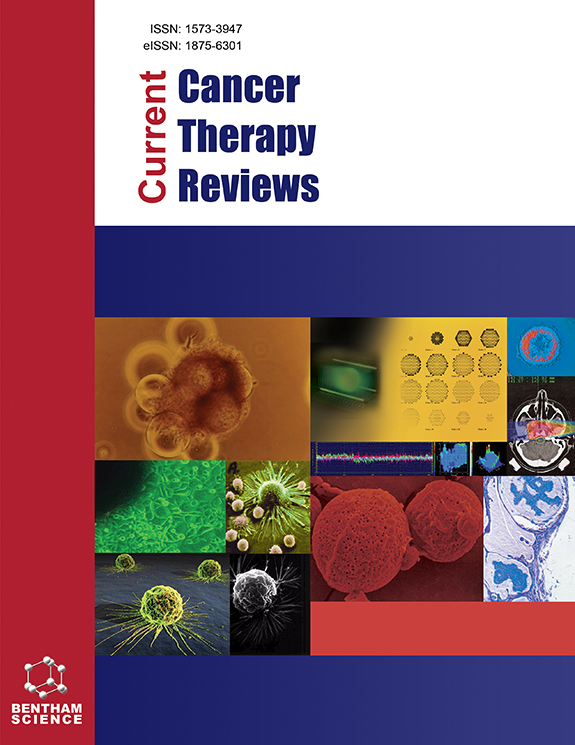Submission Tilte
Current Status of Regulatory T Cells in Tumor Immune Escape and Immunotherapy
Submission Abstract:
Regulatory T cells (Tregs) are a class of immunoregulatory suppressor cells characterized by the expression of CD4, CD25, and the transcription factor Forkhead box P3 (Foxp3). It plays an important role in maintaining immune homeostasis and inducing immune tolerance, and its dysfunction directly leads to the imbalance of immune homeostasis. In the tumor microenvironment (TME), traditional T cells can be induced and differentiated into Tregs. Tregs have a strong immunosuppressive function, inhibit anti-tumor immunity, and promote the occurrence and development of tumors. Tregs can also inhibit the function of immune effector cells through a variety of mechanisms, which is a key factor of tumor immune escape. However, the mechanism of Tregs' functional imbalance in tumor immune escape and immunotherapy still needs to be further explored. Unraveling the complex relationship between Tregs and the TME in the context of human solid tumors is essential to advance cancer research and facilitate the development of effective therapeutic strategies.
This Research Topic aims to explore the role of Tregs, immune escape, and TME in the context of human solid tumors. We aimed to uncover the underlying mechanisms of Tregs in cancer development, immune escape, and response to immunotherapy. By addressing critical questions about the impact of Tregs on immune escape and immunotherapy, we aim to identify novel therapeutic targets and strategies to improve patient outcomes. Recent advances in these areas have paved the way for exciting discoveries, and this research topic seeks to build on these findings to drive further progress in cancer research.




